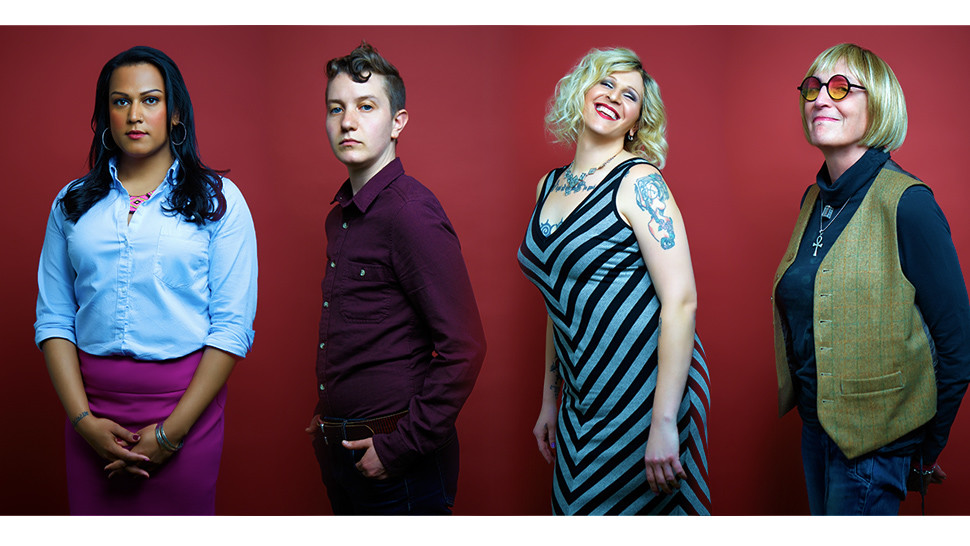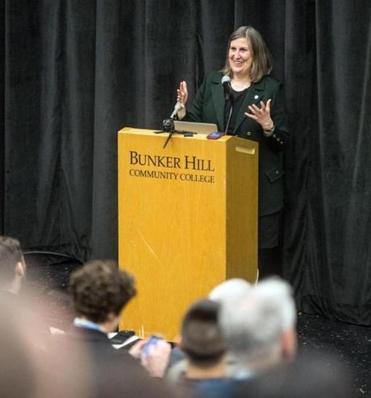Link Roundups feature articles and bits of internet goodness that our dramaturgy team digs up. If you find something you want to send our way, drop us a line on Facebook or Twitter!
♦♦♦♦♦

Aneesh Sheth, MJ Kaufman, Shakina Nayfack and Kate Bornstein (Photos by Eric McNatt, taken on location at The Covenant House headquarters.)
Playbill has a great interview with several trans artists talking about representation in theatre:
The American theatre has always been at the forefront of social movements. We were the first to have interracial relations onstage, well before they were acceptable on television or film. Same with same-sex relationships. But then it feels like, in terms of mainstream and commercial theatre and trans stories—it seems like we’re behind. Why do you think that is?
TD: There is the money issue—you’re asking theatres to take a risk and to get educated. All that requires time, money and capacity. You might have to break westernized theatre protocols to educate your front-of-house staff about gender neutral bathrooms or take your ushers aside and teach them how to engage with someone who’s gender neutral.
MJK: I think it’s happening at the fringe and smaller levels. I hope that one day actors get cast in a role because they’re right for the role and they’re good actors. Not because of their gender identity.
BM: I think safety is still an issue. There is a risk involved with visibility, as trans people are still facing violence and harassment. I also feel like there are still biases that almost all marginalized theatremakers face from financiers or venue owners who have their own personal disinterests in our stories or believe that our projects won’t attract a profitable audience.
♦♦♦♦♦
The New York Times has a feature on The Sol Project:
The Sol Project, a new initiative to raise the profile of Latino artists in theater, will make its debut in November with Hilary Bettis’s play “Alligator,” presented with the company New Georges.
The initiative plans to partner with 12 Off Broadway companies to produce one play per season. So far six companies have been announced: New Georges, Rattlestick Playwrights Theater, the Public Theater, Labyrinth Theater Company, Atlantic Theater Company and Women’s Project Theater.
